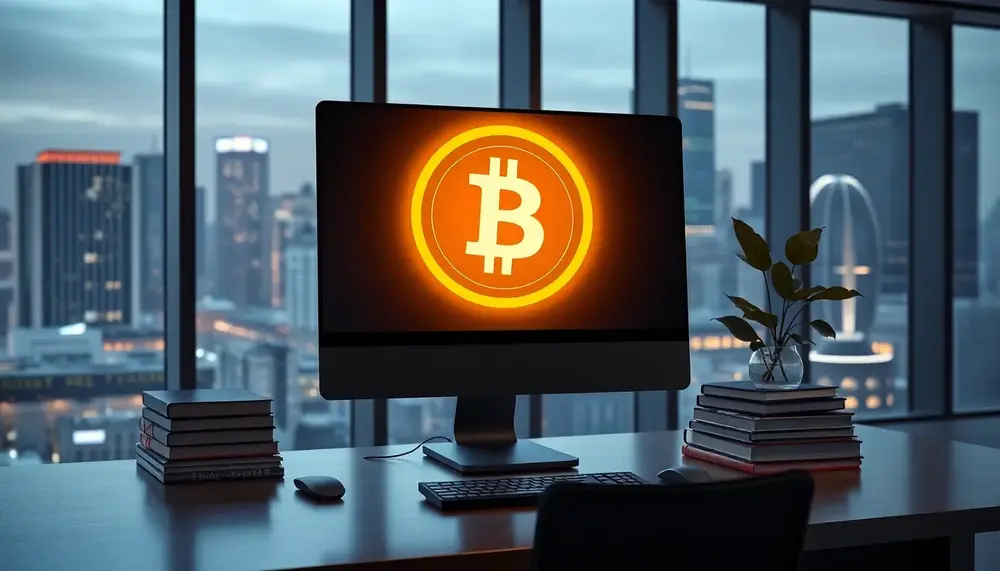Economic policy
Economic policy
Understanding Economic Policy
Economic policy refers to the actions that governments take to influence the economy. These policies encompass a range of measures including taxation, government spending, interest rates, market regulation, and labor market policies. The main aim is to achieve sustainable economic growth, reduce unemployment, and manage inflation. Understanding economic policy is crucial for investors, businesses, and individuals as it directly affects financial decisions and the overall economic environment.
Impact on Finance and Cryptocurrencies
In the world of finance, economic policies can significantly influence investment returns and market volatility. For instance, when a government increases spending, it can lead to higher demand for goods and services, which may boost company profits and stock prices. Conversely, higher taxes can reduce disposable income and slow down economic growth. In the realm of cryptocurrencies, policies such as regulation can either hinder or fuel the adoption and value of digital assets.
Fostering Growth and Success
Effective economic policy is a key driver of growth. Policies that create a stable economic environment enable businesses to invest and expand. Additionally, policies aimed at education and training can improve the workforce's skills, leading to more innovation and higher productivity. For anyone seeking success, whether in business or personal investments, adapting to and anticipating economic policy changes is vital.
Developing the Right Mindset
Navigating through the complexities of economic policies requires a growth mindset. This means being open to learning and adapting to new economic landscapes shaped by policy changes. For investors and entrepreneurs, this involves being informed and proactive in response to policy-driven market shifts. Success in finance often depends on the ability to interpret economic policies and to turn challenges into opportunities.
Conclusion
Economic policy is a significant component that can influence financial markets, the trajectory of cryptocurrencies, and the growth potential of economies and businesses. By understanding and responding to economic policies, individuals and businesses can craft strategies for success. Embracing a mindset that is receptive to change and willing to learn about economic policy can lead to informed decisions and, ultimately, financial success.
Blog Posts with the term: Economic policy

Understanding future markets is essential for staying competitive, as trends like technological advancements, shifting consumer behavior, and sustainability reshape industries. By analyzing these forces early, individuals and businesses can anticipate opportunities, mitigate risks, and make proactive decisions to thrive in...

The cryptocurrency market faces significant challenges, including a $1 trillion loss, inflation concerns tied to trade policies, and Bitcoin's struggle with key price levels. Amid declining whale activity and regulatory developments like Nebraska’s crypto ATM laws, the sector braces for...

An inflation bonus is a financial tool aimed at mitigating the effects of rising inflation by stabilizing purchasing power, promoting social equity, and supporting economic stability. It benefits employees, employers, governments, and investors through targeted relief measures like cash payments...

The article explores the debate on whether inflation or corporate greed drives rising prices, emphasizing a nuanced interplay of economic factors and market dynamics. It highlights how supply chain issues, profit margins, and limited competition contribute to price increases while...

President Trump signed an executive order to establish a U.S. strategic bitcoin reserve using seized assets worth $17 billion, aiming to hedge against financial instability and elevate digital asset adoption. While proponents liken it to a "digital Fort Knox," critics...

